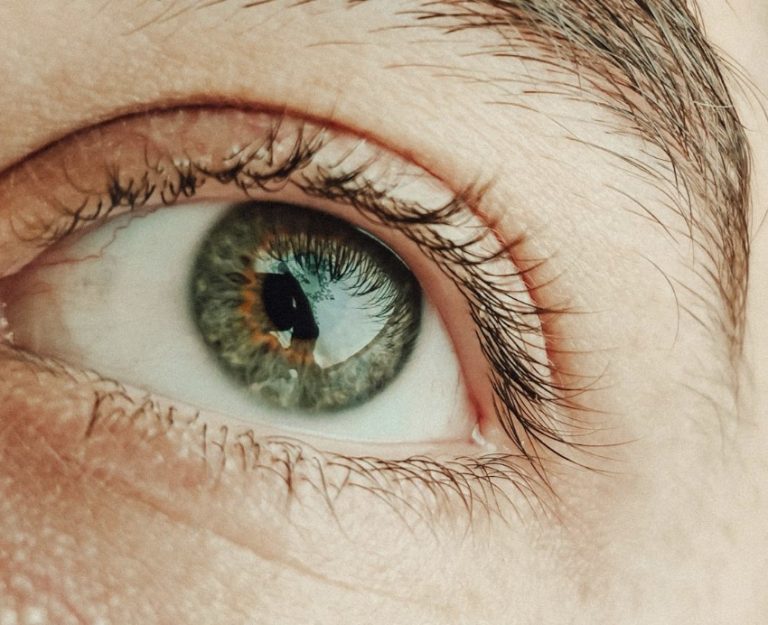When the dreaded pink eye, or conjunctivitis, appears, the discomfort can lead many to wonder about the best course of action for treatment. While pink eye is common, it’s essential to understand when medical intervention is necessary. This blog post explores ten considerations to help you decide whether a trip to urgent care is warranted for pink eye.
Understanding Pink Eye
Pink eye is an inflammation or infection of the transparent membrane (conjunctiva) that lines your eyelid and covers the white part of your eyeball. Symptoms can include redness, itchiness, and discharge. Viruses, bacteria, allergens, or irritants can cause it.
Viral vs. Bacterial Pink Eye
Knowing whether your pink eye is viral or bacterial can influence your treatment plan. Viral conjunctivitis usually resolves independently within a week or two without treatment, while bacterial conjunctivitis may require antibiotic eye drops or ointments.
Severity of Symptoms
Mild redness and discomfort might not necessitate a visit to urgent care, but seeking medical attention is crucial if you experience severe pain, vision problems, or light sensitivity.
Impact on Daily Activities
If pink eye symptoms significantly interfere with your ability to perform daily activities, such as work or school, a visit to urgent care can relieve and speed up recovery.
Over-the-Counter Treatments
For mild cases, over-the-counter eye drops or artificial tears can provide relief. If these remedies don’t help, professional medical advice may be necessary.
Risk of Spreading
Pink eye can be highly contagious, especially among children, so school physicals are important to ensure your children and everybody else’s children are not unknowingly spreading it. All it takes is a simple search for school physicals near me, and your child’s health can be protected by enabling the right people to solve the health issue before it exasperates.
Allergic Conjunctivitis
Urgent care may be unnecessary if the pink eye infection contracted is due to allergies. Antihistamines and avoiding allergens can often effectively manage symptoms.
Presence of Other Symptoms
If pink eye accompanies symptoms of a more serious condition, such as an upper respiratory infection, it’s wise to seek medical attention to address the underlying issue.
Chronic or Recurrent Pink Eye
Frequent bouts of pink eye indicate an underlying health problem or a need to reassess your eye hygiene practices. Professional advice can help identify and address the root cause.
Infants and Young Children
Infants and young children with pink eye should see a healthcare provider to ensure the infection is properly treated and to prevent complications.
When Home Remedies Aren’t Enough
Despite best efforts with home remedies, pink eye sometimes persists or worsens. This is a clear sign that a healthcare professional’s input is necessary.
Conclusion
While pink eye is often more of a nuisance than a severe health threat, there are situations where medical intervention is necessary. If over-the-counter treatments fail, symptoms are severe, or there’s a high risk of spreading the infection, it’s prudent to visit urgent care. Remember, your health and comfort, as well as the health of those around you, are paramount. When in doubt, a

0 Comments